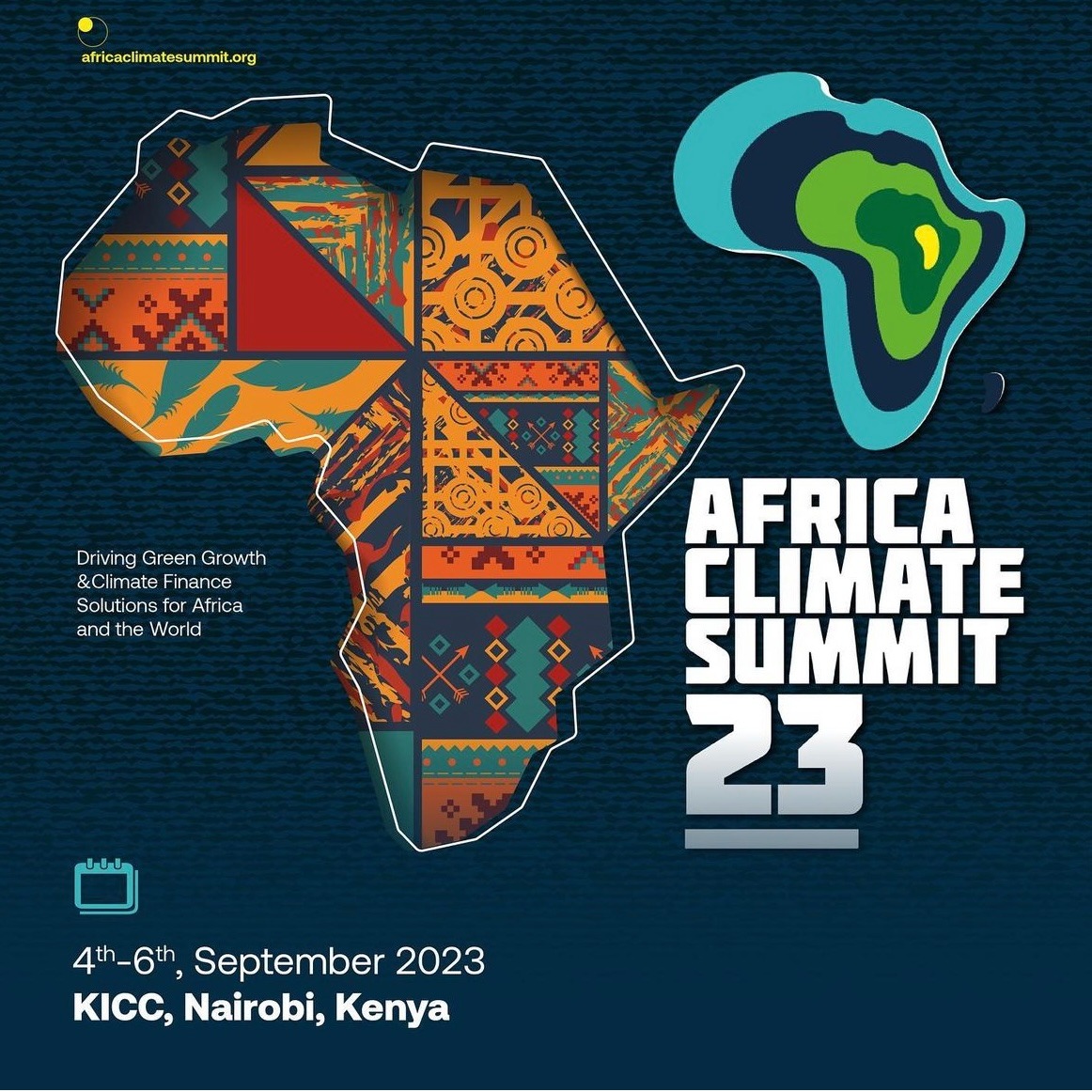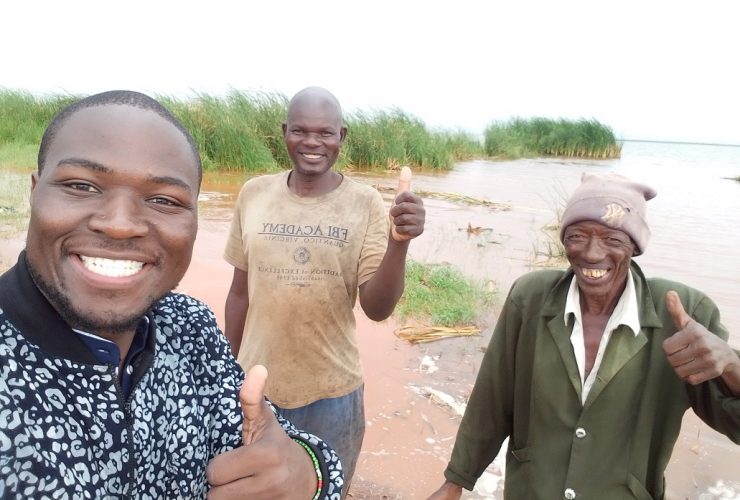Africa Climate Summit 2023 – Adopting Marine Conservation To Mitigate Effects Of Climate Change Through Carbon Sinking
The first ever Africa Climate Summit is here with us, and Kenya is ready to host this auspicious event at the Kenyatta International Convection Centre(KICC) in Nairobi. We must come together to rethink and repurpose on climate change mitigation as a subject matter that has affected us as a continent in many ways, yet we are the least producers of carbon emissions in the world. As we continuously strive to come up with solutions for this problem which in recent times isn’t showing signs of receding, when the United Nations Secretary General Mr. Antonio Guterres noted in July we are now experiencing “global boiling” not global warming anymore. We should lay focus on marine ecosystems, which in most cases is usually overlooked when discussions on fighting climate change are taking place.
Africa has a thriving marine ecosystem being surrounded with two oceans, the Indian Ocean on the east coast and the Atlantic Ocean on the west coast both covering a coastline strip of over 26,000 kms. This ecosystem is also quite diverse as it consists of habitats of estuaries, coral reefs, mangrove forests, wetlands and dunes. However, the marine ecosystem isn’t being spared from the climate change jeopardy as habitat loss, pollution, overfishing and global warming are leading to the degradation of marine habitats. The economic pillars involved in the marine economy should commit to the rehabilitation of this sector, some of them include; oil and gas, aquaculture, coastal mining, tourism and research.

Let’s take Mangroves for example, a single tree is said to sequester up to 0.3 tonnes of CO2 in its lifetime. Yet about 67% of the mangrove habitats have been lost globally due to unsustainable practices. African governments should implement policies to restore the mangrove trees to avoid further damage to our coastlines and increase on carbon sequestration. Companies which participate in corporate social responsibility programs that involve tree planting should also consider mangroves to restore the coastal strip.
The Africa Agenda 2063 and 2050 Africa Integrated Maritime(AIM) strategy both build synergy on how to use the oceans resources for the benefit of coastal states and communities in Africa by developing a sustainable ocean economy. According to a UNEP report on matters Ocean governance in Africa, we have five regional seas programmes associated with oceans and seas namely; Nairobi Convention, Abidjan Convention, Mediterranean Action Plan/Barcelona Convention (MAP), Regional Organization of the Conservation of the Environment of the Red Sea and Gulf of Aden (PERSGA) and Commission for the Conservation of Antarctic Marine Living Resources (CCAMLR), these structures should be used to facilitate regional stakeholders’ talks on marine conservation and rehabilitation in a youth and gender-sensitive inclusive approach.
As we focus on creating a lucrative blue economy to enable poverty alleviation and wealth creation in coastal communities, a balance needs to be made on conservation of our marine resources as they are vital to climate action whilst empowering the local communities. The companies involved in the exploitation of marine resources should adopt sustainability reporting to keep track of our precious marine resources.
Mr. Bornventure Kinoti is a Blue Economy Lead – Sub Saharan Africa at The Africa Fishermen Foundation.




